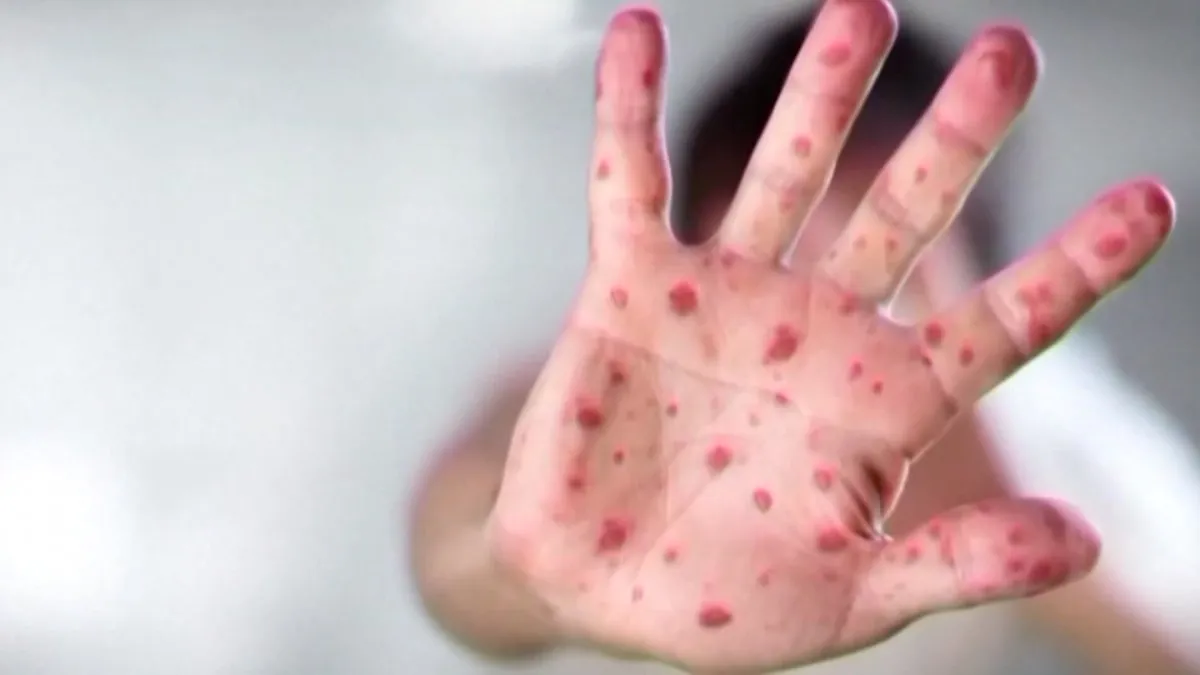
Dallas County Health and Human Services (DCHHS) has confirmed its first case of measles in a resident for the year 2025. The case involves a female in her mid-20s who, despite being fully vaccinated, posed a risk of contagion from May 30, 2025, until June 7, 2025. According to DCHHS, individuals who visited specific locations during this time frame may have been exposed to the virus.
The following locations are where potential exposures occurred:
Lemma Coffee Plano, located at 1023 E 15th St, Plano, TX 75074, on May 31, 2025, from 9 a.m. to noon. First Baptist Plano, located at 3665 W President George Bush Hwy, Plano, TX 75075, on June 1, 2025, from 1 p.m. to 5:30 p.m.DCHHS officials have stated that the woman is currently receiving care, and public health teams are actively working to identify and notify individuals who may have been exposed to the virus. This incident is part of an ongoing investigation into an isolated case, as the source of the woman's exposure remains unknown.
Dr. Philip Huang, Director of DCHHS, emphasized the importance of protecting the health and well-being of all Dallas County residents. "Our priority is to actively investigate this case and work to identify any individuals who may have been exposed," he stated. To safeguard against measles, DCHHS recommends receiving the measles, mumps, and rubella (MMR) vaccine, which requires two doses for full protection.
Measles is a highly contagious respiratory virus capable of surviving in the air for up to two hours. According to the U.S. Centers for Disease Control and Prevention (CDC), up to 90% of susceptible individuals will contract the virus if exposed. Although most children recover from measles, the infection can lead to severe complications, including pneumonia, blindness, brain swelling, and even death.
Yes, the MMR vaccine is both safe and highly effective in preventing measles infections and severe cases of the disease. The first dose is typically recommended for children between 12 and 15 months old, with a second dose given between 4 and 6 years of age. The vaccine series is also a requirement for children before entering kindergarten in public schools across the United States. Since the introduction of the vaccine in 1963, measles cases in the U.S. have dramatically decreased from 3 million to 4 million annually to fewer than 200 cases in a typical year. Moreover, there is no credible link between the vaccine and autism, countering misinformation from a discredited study.
High vaccination rates, ideally above 95%, are crucial for preventing the spread of diseases like measles through a concept known as "herd immunity." However, since the COVID-19 pandemic, childhood vaccination rates have declined, with an increasing number of parents opting for religious or personal waivers to exempt their children from required vaccinations. In 2024, the U.S. experienced a rise in measles cases, including an outbreak in Chicago that affected over 60 individuals. Notably, measles cases in 2019 were the highest in nearly three decades.
Gaines County, Texas, has one of the highest rates of school-aged children opting out of at least one required vaccine, with nearly 14% of K-12 students in the 2023-24 school year choosing not to vaccinate. Health officials suspect that this number is likely higher, as it does not account for homeschooled children whose vaccination data is not typically reported.
In response to the recent measles case, health officials are organizing regular vaccination clinics and screening efforts throughout Texas. They are also collaborating with schools to educate the public on the importance of vaccination and providing opportunities for individuals to receive their shots. For more information, you can visit Cook Children's Measles FAQ page.